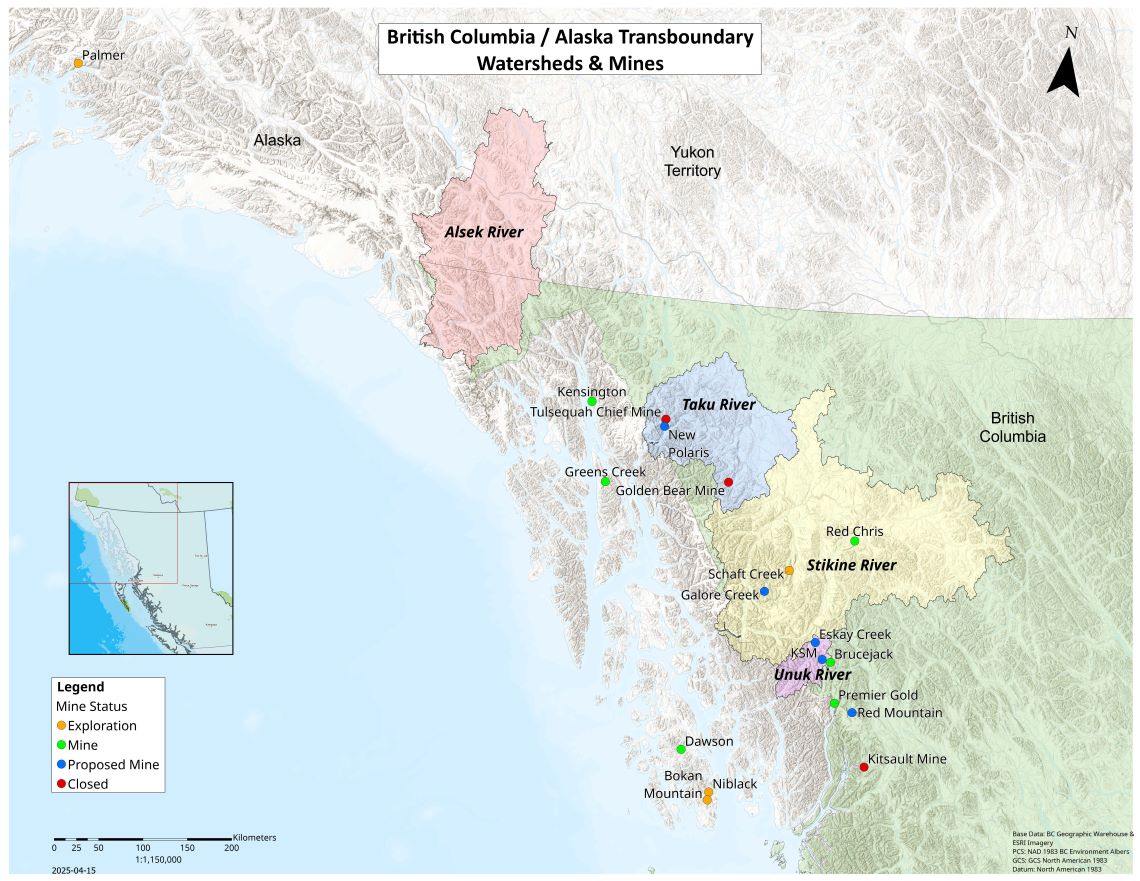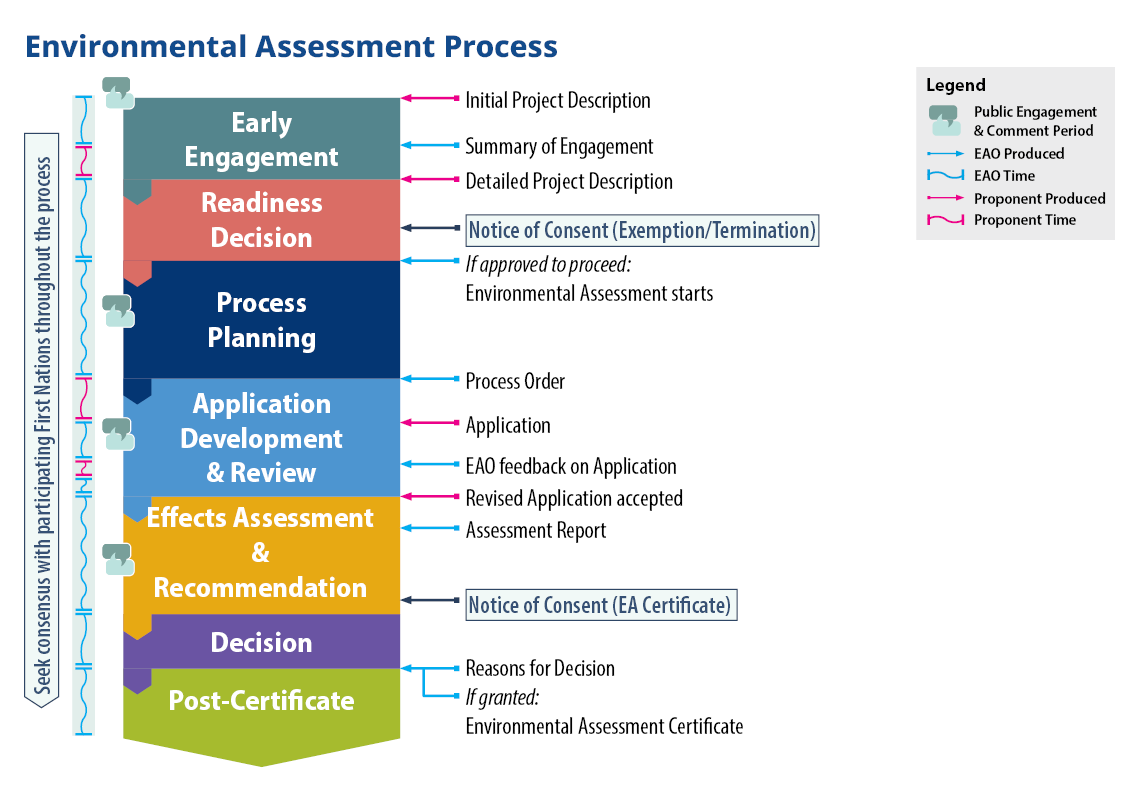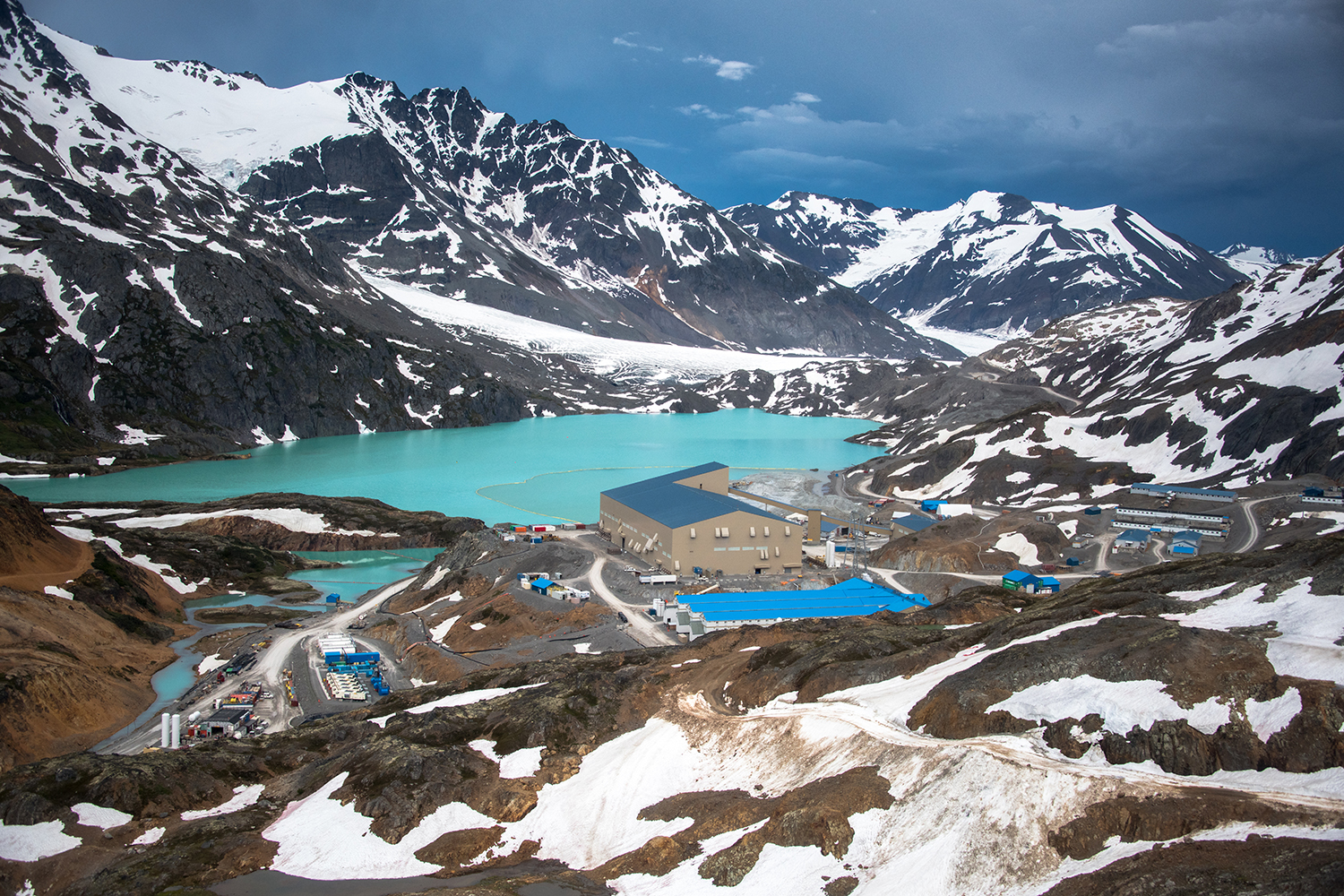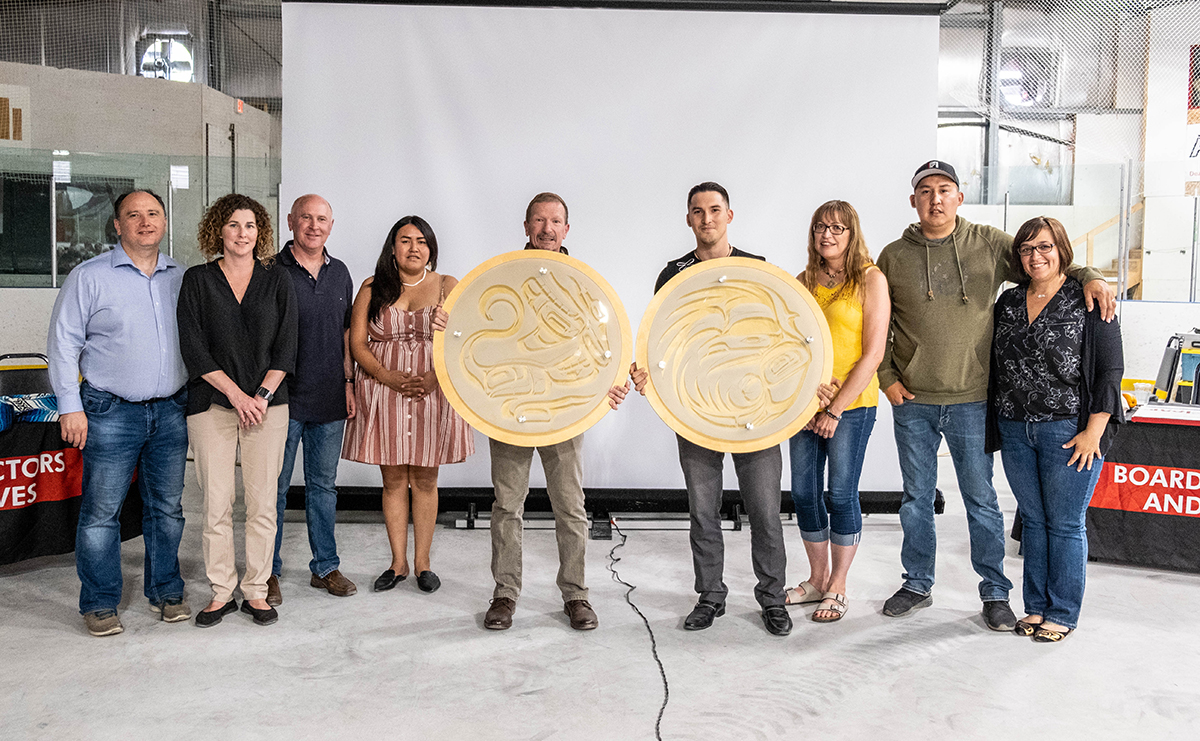In the transboundary region and throughout British Columbia, First Nations participation and partnership are required to pursue a mine development project or to operate a mine. The operational mines and advance exploration projects within the transboundary region stand as good examples of respectful collaboration and mutually beneficial relationships with local Indigenous Nations.
In 2019, the Government of British Columbia became the first jurisdiction in Canada to implement the United Nations Declaration on the Rights of Indigenous Peoples (UNDRIP) by passing the Declaration Act. Under the Act, the Tahltan Central Government and the Government of British Columbia have entered into several consent-based decision-making agreements. These historic agreements govern the environmental assessments of mine developments in Tahltan territory, much of which is in the transboundary region. These agreements exemplify British Columbia’s steadfast commitment to reconciliation and active partnerships with First Nations in mine development projects, ensuring the decisions are made in a shared, consent-based manner.
BC’s mining sector has also been instrumental in driving economic reconciliation with Indigenous partners and communities, as evidenced by the numerous Impact and Benefit Agreements (IBAs), partnerships, and other collaborative endeavours including the Treaty Creek Limited Partnership between Tahltan and Nisga’a Nations aimed at optimizing Indigenous participation and maximizing economic benefits at Seabridge Gold’s the KSM Project located in the Alaska-BC Transboundary region.








